Effective Treatments for Neuropathy Pain Medications, Nurse Practitioner Care, and Integrative Chiropractic Approaches Neuropathy is a condition in which nerves are damaged, leading to pain,…

Chiropractic Examination:
Health coaches guide individuals in being healthy and feeling their best. Part of being healthy is taking care of your body. Taking care of your body goes beyond diet, but physical practices as well. Chiropractic care is a great way to take care of your body to keep everything in line and order. An initial chiropractic examination for musculoskeletal disorders will typically have four parts: a consultation, case history, and physical examination. Laboratory analysis and X-ray examination may be performed. Our office provides additional Functional and Integrative Wellness Assessments in order to bring greater insight into a patients physiological presentations.
Consultation:
The patient will meet the chiropractor which will assess and question a brief synopsis of his or her lower back pain, such as:
Duration and frequency of symptoms
Description of the symptoms (e.g. burning, throbbing)
Areas of pain
What makes the pain feel better (e.g. sitting, stretching)
What makes the pain feel worse (e.g. standing, lifting).
Case history. The chiropractor identifies the area(s) of complaint and the nature of the back pain by asking questions and learning more about different areas of the patient’s history, including:
Family history
Dietary habits
Past history of other treatments (chiropractic, osteopathic, medical and other)
Occupational history
Psychosocial history
Other areas to probe, often based on responses to above questions.
Physical examination:
 We will utilize a variety of methods to determine the spinal segments that require chiropractic treatments, including but not limited to static and motion palpation techniques determining spinal segments that are hypo mobile (restricted in their movement) or fixated. Depending on the results of the above examination, a chiropractor may use additional diagnostic tests, such as:
X-ray to locate subluxations (the altered position of the vertebra)
A device that detects the temperature of the skin in the paraspinal region to identify spinal areas with a significant temperature variance that requires manipulation.
Laboratory Diagnostics:
 If needed we also use a variety of lab diagnostic protocols in order to determine complete clinical picture of the patient. Our health coach and office have teamed up with the top labs in the city in order to give our patients the optimal clinical picture and appropriate treatments.

Effective Treatments for Neuropathy Pain Medications, Nurse Practitioner Care, and Integrative Chiropractic Approaches Neuropathy is a condition in which nerves are damaged, leading to pain,…
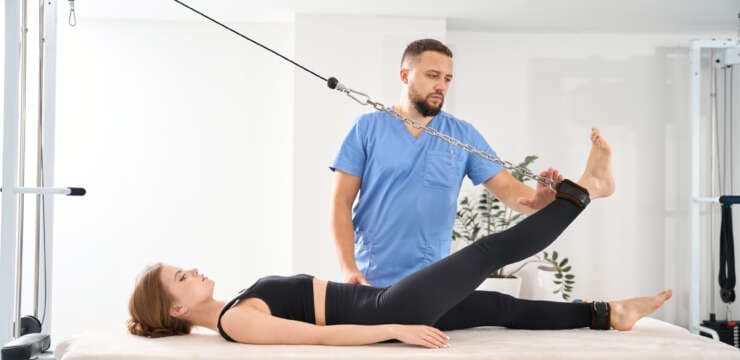
Sciatica Numbness Without Low Back Pain: Why Your Leg or Foot Can Go Numb (and What to Do) Many people think sciatica should feel like…

How Integrative Chiropractic Therapy Prevents Future Injuries in Athletes: The Power of Functional Movement Evaluations Integrative chiropractic therapy combines different methods to help the body…
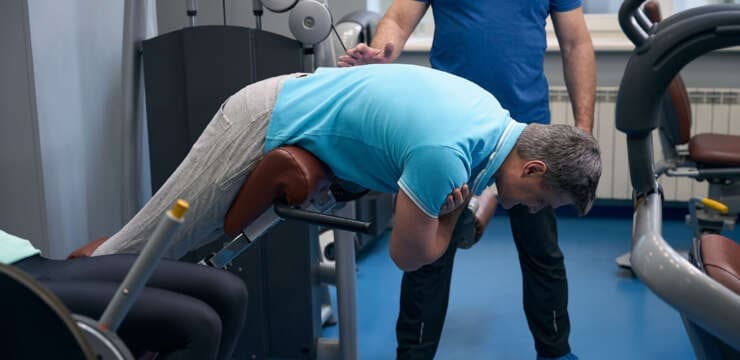
Back Extension Machine for Core Stability and Pain Prevention at El Paso, TX Health Coach Clinic At the El Paso, TX Health Coach Clinic –…

El Paso Motor Vehicle Accidents: Rear-End Crashes, Truck Collisions, and Natural Healing with Chiropractic Care Motor vehicle accidents happen every day on roads across the…
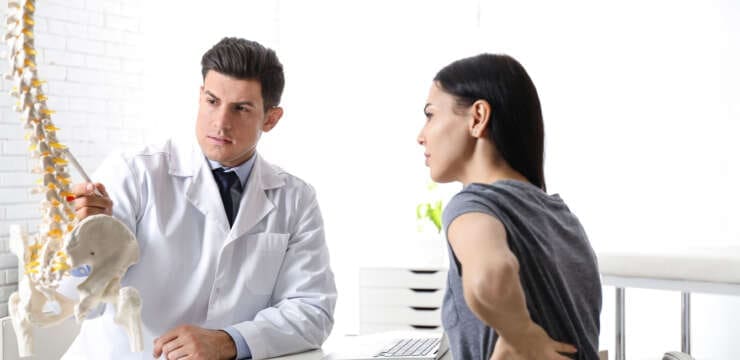
Musculoskeletal Disorders in Mexicans and Mexican Americans: Causes and Solutions Musculoskeletal mobility issues affect many people in Mexican and Mexican American communities. These problems make…

How El Paso, TX Health Coach Clinic Supports Natural Body Detoxification Through Functional Medicine and Wellness In El Paso, Texas, where the desert climate and…

Fun, Local Ways El Paso Residents Can Stay Active Without Dreading Exercise Living in El Paso means sunshine, wide-open spaces, and the beautiful Franklin Mountains…

How to Relieve Back Pain from Sitting All Day at Your Desk in El Paso Many people in El Paso spend long hours at desks…

Spinal Hygiene: Everyday Habits That Protect Your Back Like Brushing Protects Your Teeth Spinal hygiene is the daily care you give your spine to keep…
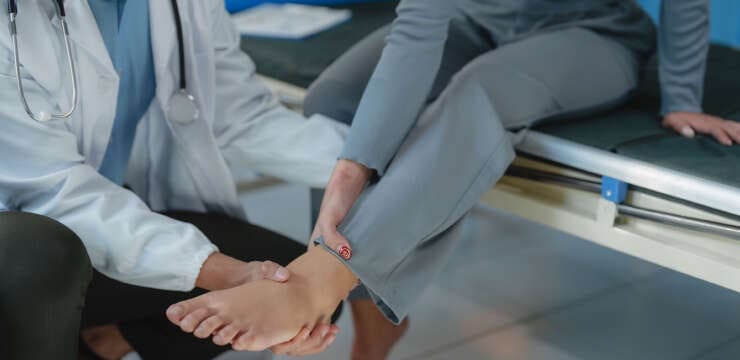
Neuropathy in El Paso, TX: Symptoms, Causes, and Non-Invasive Treatment Options (Especially for Diabetes) If you live in El Paso, you have probably heard the…
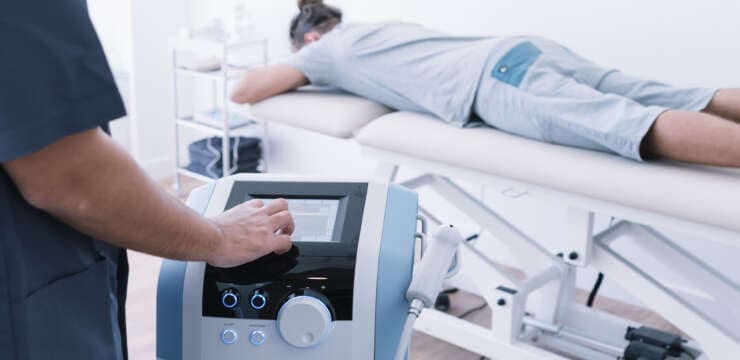
2026 Sciatica Treatment Advances at El Paso, TX Health Coach Clinic: Functional Medicine and Wellness Solutions Sciatica brings sharp pain from the lower back down…
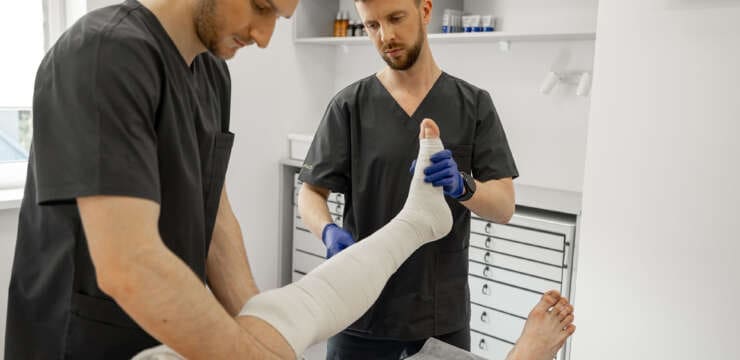
Sports Injuries in El Paso: Causes, Prevention, and Integrated Treatment Options Sports keep people active and healthy in El Paso, Texas. With popular activities like…

Why Chiropractors Recommend Squats and Core Work: Integrative Care for Better Back and Hip Health Many people deal with lower back pain and hip discomfort…

Integrative Chiropractic Care and Nurse Practitioners: A Powerful Team for Better Health Many people want to feel stronger, happier, and more energetic. Integrative chiropractic care,…
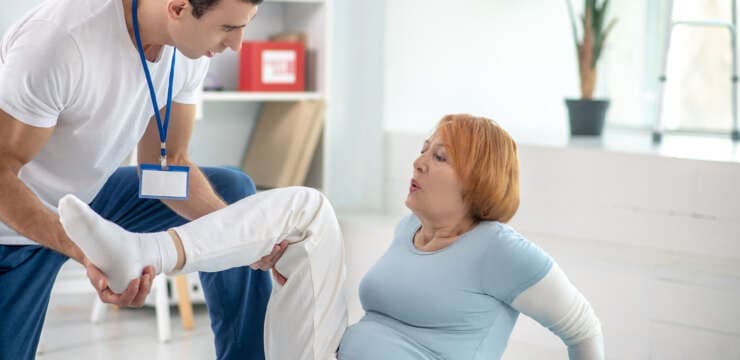
The Hidden Dangers of Skipping Stretching: How Muscle Stiffness Affects Your Body and How Experts Can Help Many people skip stretching in their daily routines.…

Christmas Holiday Accidents: What Happens Most Often and How Health Coaching Can Help You Prevent (and Recover) The Christmas season is full of positive moments—family…